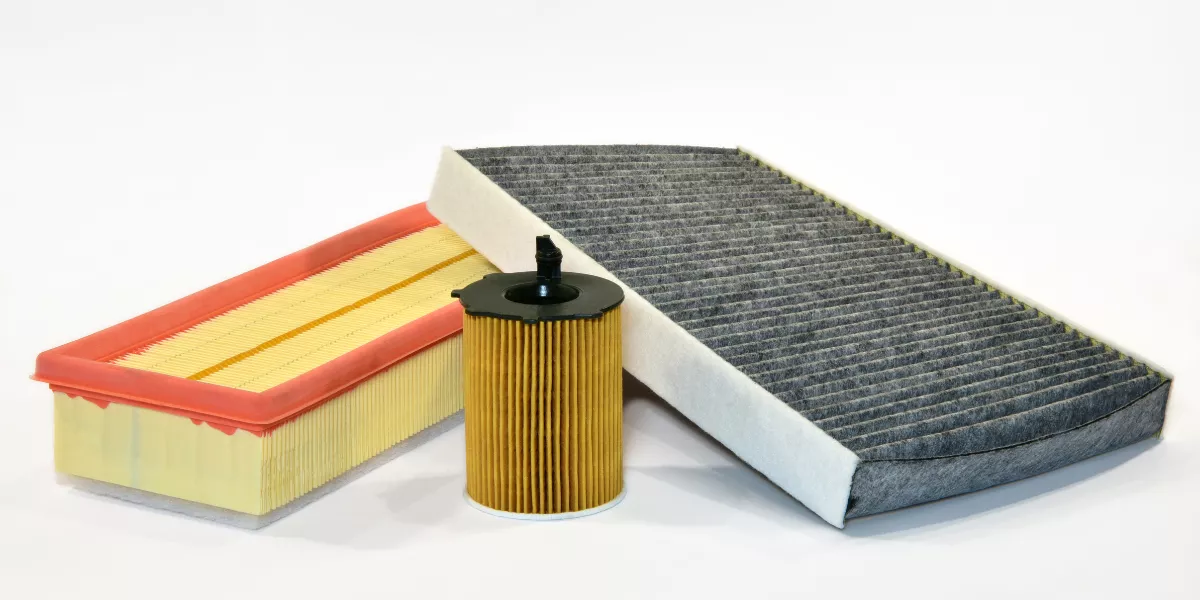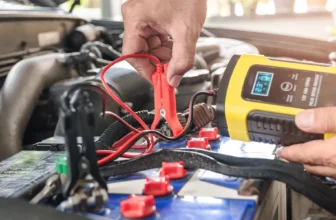
When considering aftermarket air filters for your vehicle, you might wonder if the investment is truly worth it. The allure of enhanced engine performance can be tempting, but does the reality match the promise? As you navigate through the intricate world of air filtration systems, weighing the benefits against the costs, you may find yourself pondering an essential question: are aftermarket air filters truly the key to unlocking your engine's full potential?
The Science Behind Aftermarket Air Filters
Unveil the inner workings that make aftermarket air filters a key player in boosting engine performance. Aftermarket air filters are designed to improve airflow to your engine, resulting in increased horsepower and torque. These filters are engineered with high-quality materials that provide better filtration than standard filters, allowing more clean air to reach the engine. By increasing the amount of clean air available for combustion, aftermarket air filters optimize the air-to-fuel ratio, enhancing overall engine efficiency.
Additionally, aftermarket air filters are built to be more durable than their factory counterparts, ensuring longevity and consistent performance. The design of these filters often includes reusable components, allowing for easy maintenance and cost-effective long-term use. Upgrading to an aftermarket air filter can also lead to improved throttle response and acceleration, providing a more responsive driving experience.
Pros and Cons of Upgrading
Considering upgrading to an aftermarket air filter? Here are some pros and cons to help you make an informed decision.
One of the main advantages of upgrading is improved airflow. Aftermarket filters are designed to allow more air into the engine, which can enhance performance. Additionally, these filters are often reusable and washable, making them more environmentally friendly than disposable stock filters. Another benefit is the potential for increased engine efficiency and fuel economy, as a better airflow can lead to improved combustion.
On the flip side, aftermarket air filters can be more expensive upfront compared to stock filters. While they may have a longer lifespan, the initial cost might deter some buyers. It's also important to note that some aftermarket filters may require oiling, which could lead to issues if not done correctly. Furthermore, using an aftermarket air filter that isn't compatible with your vehicle can potentially cause damage to the engine. Be sure to research and choose a reputable brand that's suitable for your car model to avoid any negative consequences.
Impact on Engine Horsepower
Upgrading to an aftermarket air filter can significantly impact your engine's horsepower output. By allowing more air to flow into the engine compared to stock filters, aftermarket filters can enhance combustion efficiency and power production. The improved airflow reduces the engine's workload, leading to increased horsepower that you can feel when accelerating or towing heavy loads.
Aftermarket air filters are designed to provide better filtration without sacrificing airflow, unlike some stock filters that may prioritize filtration over performance. This balance ensures that your engine receives cleaner air while also maximizing power output. With a higher volume of cleaner air entering the engine, combustion is more efficient, resulting in a boost in horsepower that can enhance your driving experience.
Improving Fuel Efficiency
To enhance your vehicle's fuel efficiency, installing an aftermarket air filter can be a beneficial upgrade. Aftermarket air filters are designed to allow better airflow into the engine compared to standard filters. This improved airflow can lead to a more efficient combustion process, optimizing fuel usage. By ensuring that your engine receives a consistent and clean air supply, an aftermarket air filter helps maintain proper air-to-fuel ratios, which can result in better fuel efficiency.
A cleaner air filter can also prevent contaminants from entering the engine, which could negatively impact fuel combustion. Standard air filters may become clogged over time, reducing airflow and causing the engine to work harder to compensate. This extra strain can lead to increased fuel consumption. By replacing your stock filter with an aftermarket option, you can potentially reduce the engine's workload, leading to improved fuel efficiency and savings at the pump.
Long-Term Cost Analysis
When assessing the impact of aftermarket air filters on your long-term expenses, prioritizing efficiency gains over immediate costs is key. While aftermarket air filters may have a higher upfront cost compared to standard filters, their long-term benefits can outweigh this initial investment. These filters are designed to be more durable and reusable, reducing the frequency of replacements and saving you money in the long run. By improving engine performance and increasing fuel efficiency, aftermarket air filters can also lead to savings on fuel expenses over time.
Additionally, the enhanced filtration capabilities of aftermarket air filters can help prevent engine damage and prolong the lifespan of your vehicle. This means you may spend less on maintenance and repairs in the future. Considering these factors, investing in a high-quality aftermarket air filter can be a cost-effective decision in the long term, providing you with both financial savings and improved engine performance.




